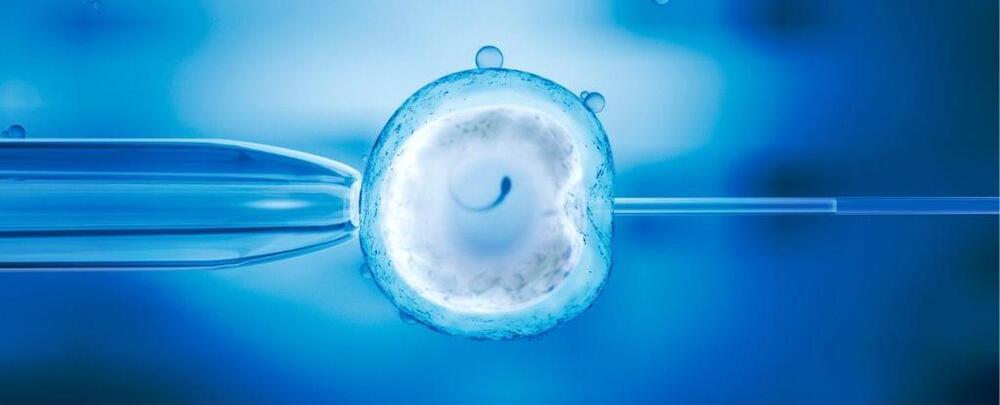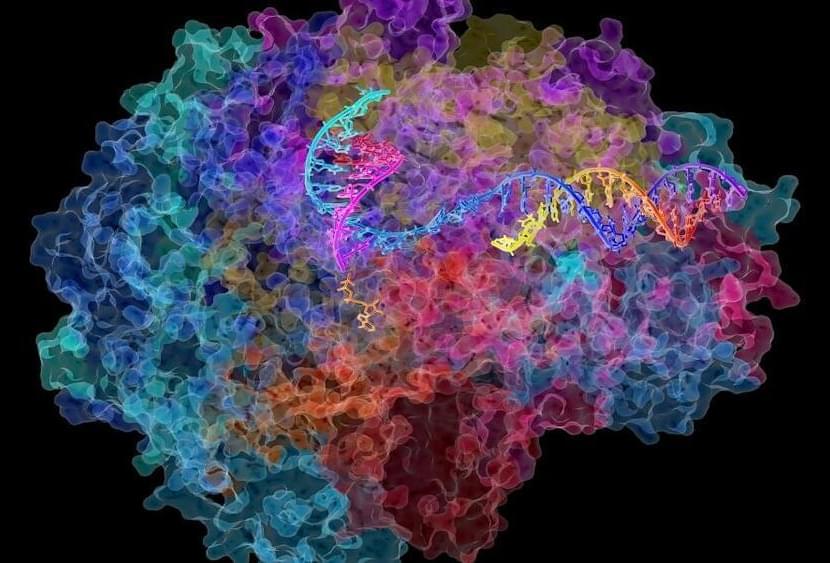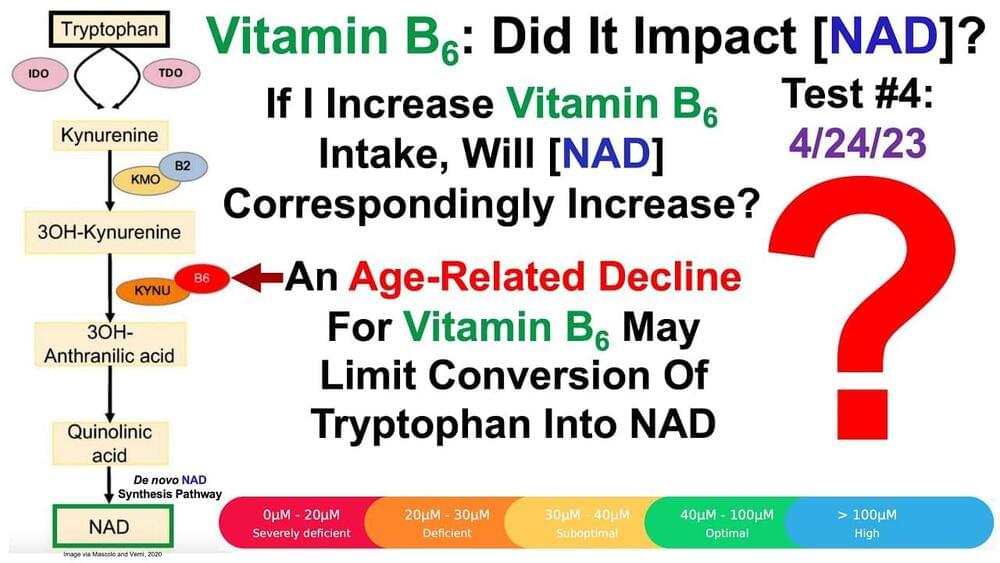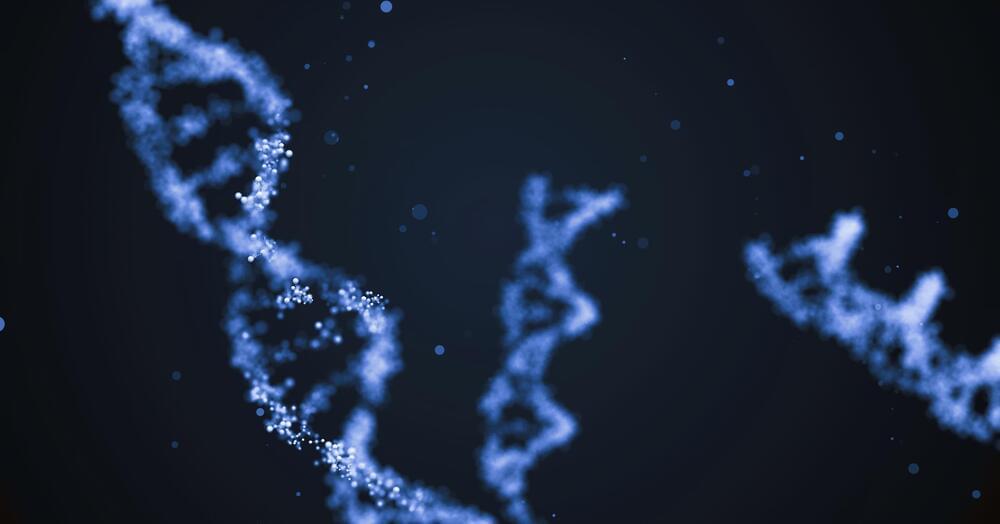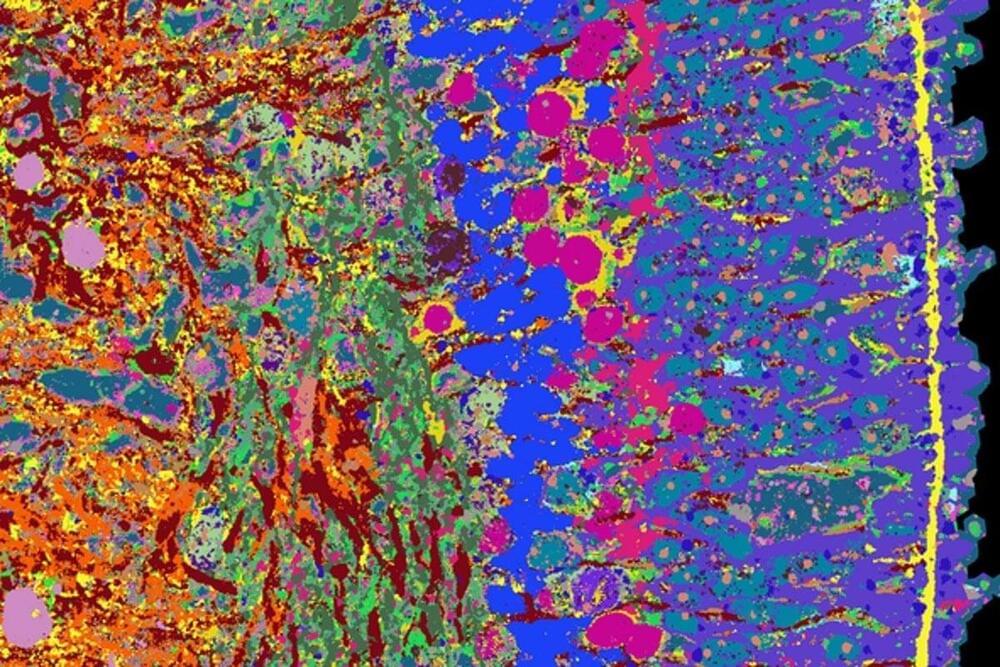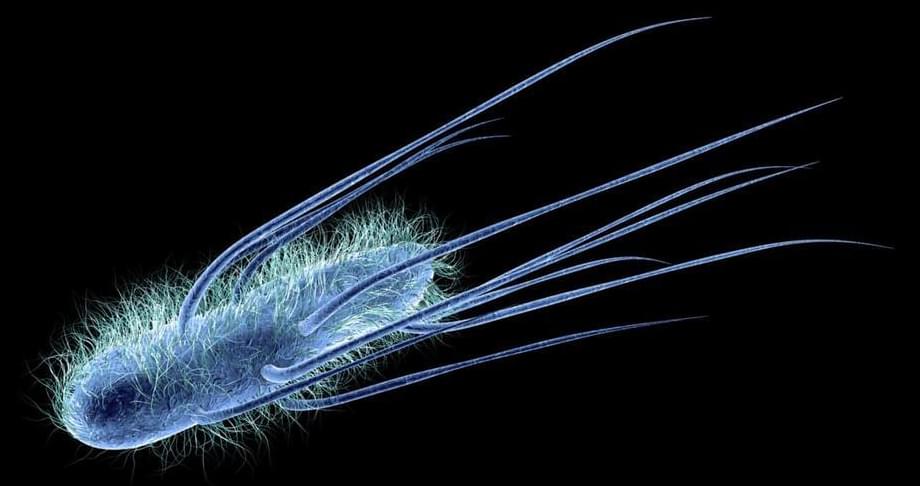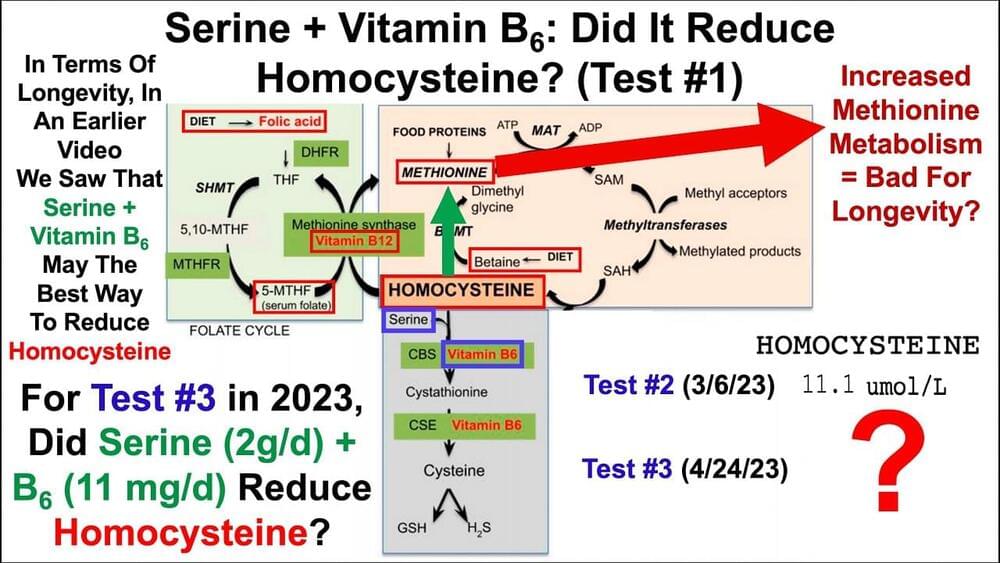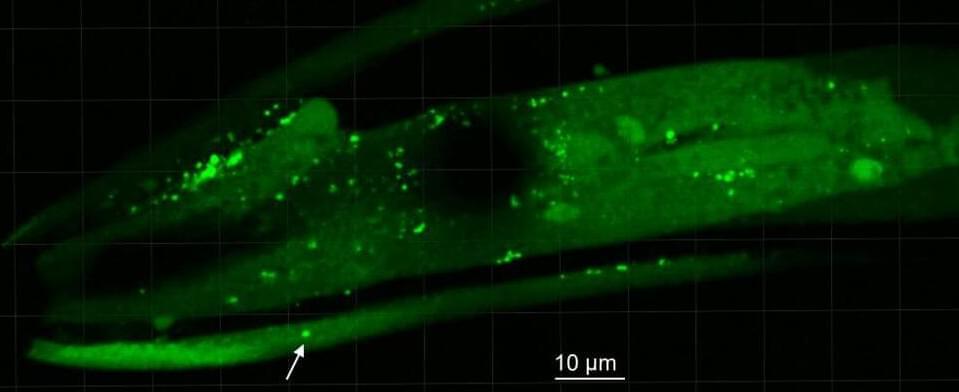May 14, 2023
It’s Confirmed: Babies With DNA From Three People Are Now Being Born in The UK
Posted by Paul Battista in categories: biotech/medical, genetics, government
Eight years after the technology was approved by government authorities, it can be reported that at least one child with DNA from three different people has been born to parents in the United Kingdom.
The announcement isn’t exactly ‘new’ knowledge, but reporters at The Guardian were able to prompt an official confirmation with a freedom of information request.
The University of Newcastle in collaboration with the Newcastle Fertility Center are pioneers in what is known as mitochondrial replacement therapy (MRT), a special form of in vitro fertilization (IVF) designed to prevent severe genetic diseases in future babies.
